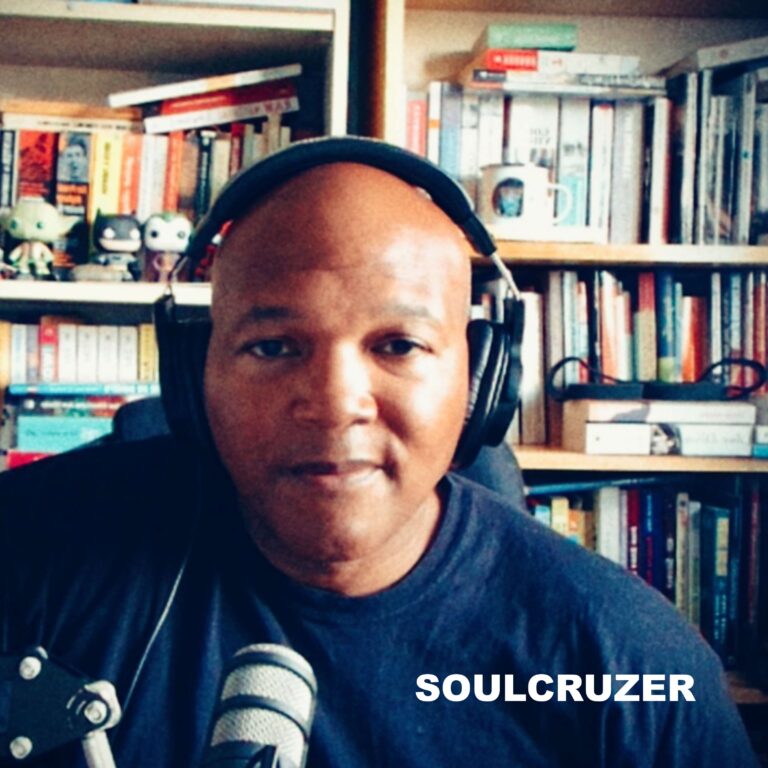Metamodernism seems like an interesting space to play in. I came across the term a while back when I was exploring postmodernism, and I asked the question what comes after postmodernism. I didn’t go any further than asking the question. But now metamodernism has resurfaced and has my attention.
What it is:
Metamodernism is an intriguing concept that seeks to describe the cultural landscape we’re living in—a world that’s not quite postmodern but something beyond it. It’s a reaction to the jaded scepticism and irony of postmodernism, while also recognising that modernist idealism, with its rigid structures and belief in progress, isn’t a viable return either. If modernism is the bright, clean dawn of possibility and postmodernism is the late-night self-reflective doubt, metamodernism might be the early morning hours, caught between both—where sincerity and irony, hope and doubt, optimism and scepticism are all swirling around together.
I love the idea of winking at our irony while still engaging earnestly with things that matter to me. It’s like not taking myself too seriously, even about serious matters:
Metamodernism doesn’t discard postmodern critique; instead, it tries to move forward by oscillating between these contrasting impulses. It acknowledges the fragmentation and uncertainty postmodernism exposed, yet it seeks to reclaim a sense of meaning, wonder, and connection in a world that often feels detached and absurd. So, rather than living in permanent irony, metamodernism suggests that we can “wink” at our irony while still engaging earnestly with things that matter to us.
There’s a playfulness to it, like juggling multiple truths at once.
The term itself hints at this fluid movement—”meta” means beyond, and “modernism” ties back to the optimism of earlier times, but metamodernism doesn’t just move forward; it loops back, reshapes, and synthesises elements from different eras. You’ll find it everywhere, from art and literature to music and philosophy. It’s especially visible in pop culture, where people can deeply care about something while simultaneously poking fun at it.
Millennials and Gen Z apparently have it the way they engage with content:
There’s a sense of deep emotion mixed with humour, irony blended with authenticity. Memes, for example, might capture a profound truth about loneliness or anxiety but do so with a sort of knowing smirk. In a metamodern sense, it’s as if they’re saying, “Yes, life is absurd and fragmented, but in recognising that, we can still care, we can still create meaning.”
Discover more from soulcruzer
Subscribe to get the latest posts sent to your email.






